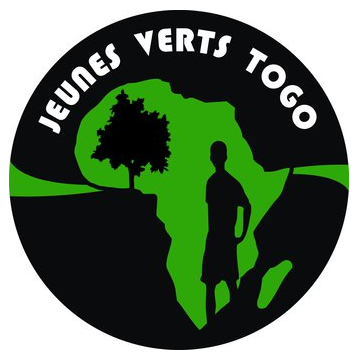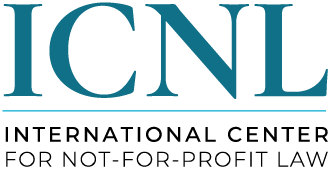Ghana
WEST AFRICA CIVIC SPACE INDEX
Ghana stands out as one of the more stable democracies in West Africa, boasting a history of peaceful power transitions and a commitment to civil liberties. However, data from interviews, surveys, and other sources signal persistent challenges in civic space. The analysis of 12 key indicators indicates that although Ghana maintains a relatively open civic space compared to regional counterparts, impediments hinder the full realization of civic freedoms.
Describing Ghana's civic space as "challenged" implies existing room for civic engagement alongside limitations. Concerns encompass uneven press freedoms, assembly restrictions, institutional corruption, political polarization, limited CSO policy influence, discrimination, and threats against activists. Despite these challenges, Ghana's strong democratic traditions and active civil society present opportunities for enhancement. The nation has made considerable progress, yet governance, transparency, inclusion, and human rights and civic actor protections still exhibit gaps.
Indicator Assessments
Freedom of Assembly:
Generally respected, though occasional use of excessive force during protests. Adequate legal framework with inconsistent implementation.
Freedom of Expression:
Press freedom is relatively high but uneven. Journalists occasionally face harassment, particularly in political reporting. Online expression is generally unrestricted.
Freedom of Association:
CSO registration is straightforward, but bureaucratic hurdles persist. Generally open space for CSOs.
Rule of Law:
An independent judiciary coexists with institutional corruption. Arbitrary arrests are infrequent, but access to justice is uneven.
Political Participation:
Competitive elections amid political polarization. Inclusive voter registration with deepening political divisions.
Civil Society Participation:
Active CSO engagement with moderate influence. Public consultations occur but are sometimes perceived as perfunctory.
Human Rights Protection:
Constitutional rights enshrined, yet discrimination against women, minorities, and LGBTQ individuals persists. Abuses are not systemic but occur.
Anti-Corruption and Transparency:
Moderate corruption levels despite legal frameworks. Fair access to government data with room for improvement.
Safety of Activists:
Generally free operations for activists with occasional threats and violence, especially against government critics.
Access to Information:
Existing access to information laws with inconsistent implementation. Improved transparency of government data is necessary.
Challenges and Opportunities
Ghana grapples with challenges related to freedom restrictions, corruption, polarization, and uneven protections. However, the nation's democratic resilience and active civil society offer avenues for positive change. The occasional excessive use of force against protesters and journalists stands as a major challenge, demanding accountability and enhanced police crowd control measures.
Corruption in government institutions has affected public trust. Strengthened enforcement of anti-corruption laws and enhanced protections for whistleblowers are imperative for transparency. Deepening political polarization raises concerns. Inclusive political dialogues and reforms to ease tensions between parties are recommended.
The influence of CSOs on policymaking requires enhancement. Mechanisms ensuring substantive CSO input in decisions can improve governance. Discrimination and abuses persist against marginalized groups. Broadening access to justice is a critical imperative.
Ghana's well-established democratic system and active civil society operating freely provide inherent strengths. Supporting democratic institutions against polarization fortifies civic space. High press freedoms in Ghana should be preserved. Ensuring protections for investigative journalism and preventing harassment of reporters further enhances transparency.
Targeted reforms addressing corruption, increasing inclusion, protecting rights, and empowering civil society should propel Ghana towards fully realizing its democratic principles within an open civic space.
Based on the analysis of the 12 indicators, Ghana's civic space is classified as “Challenged.” Despite notable progress, gaps persist in freedoms, transparency, and inclusion.




